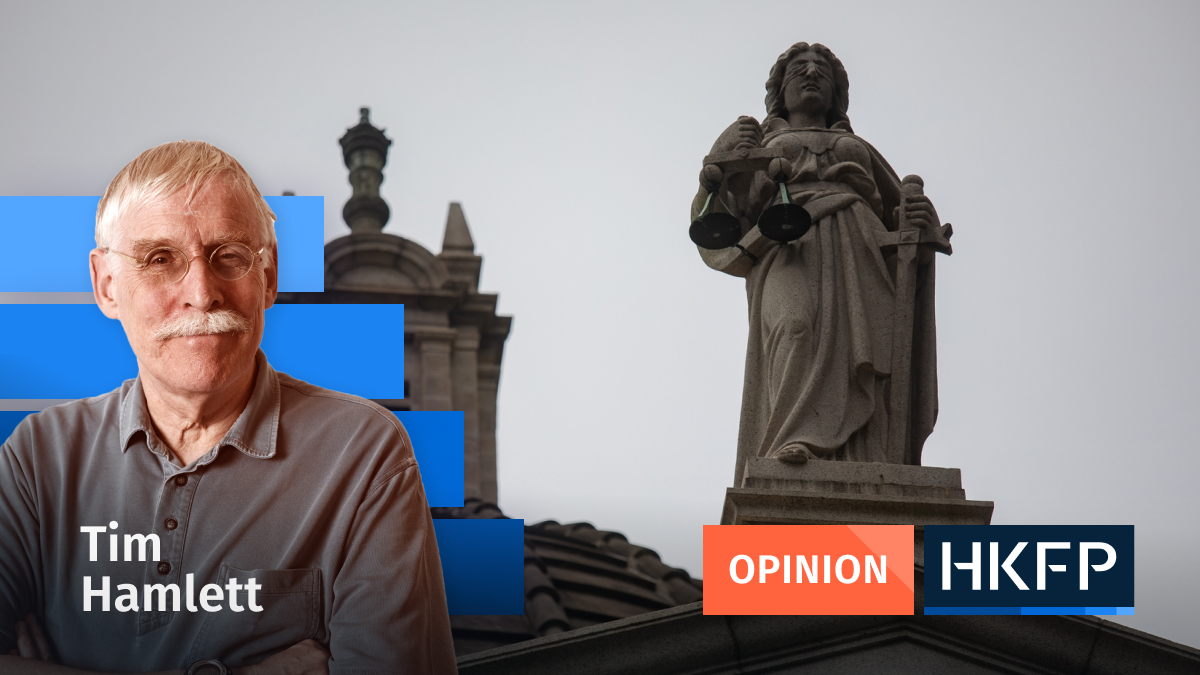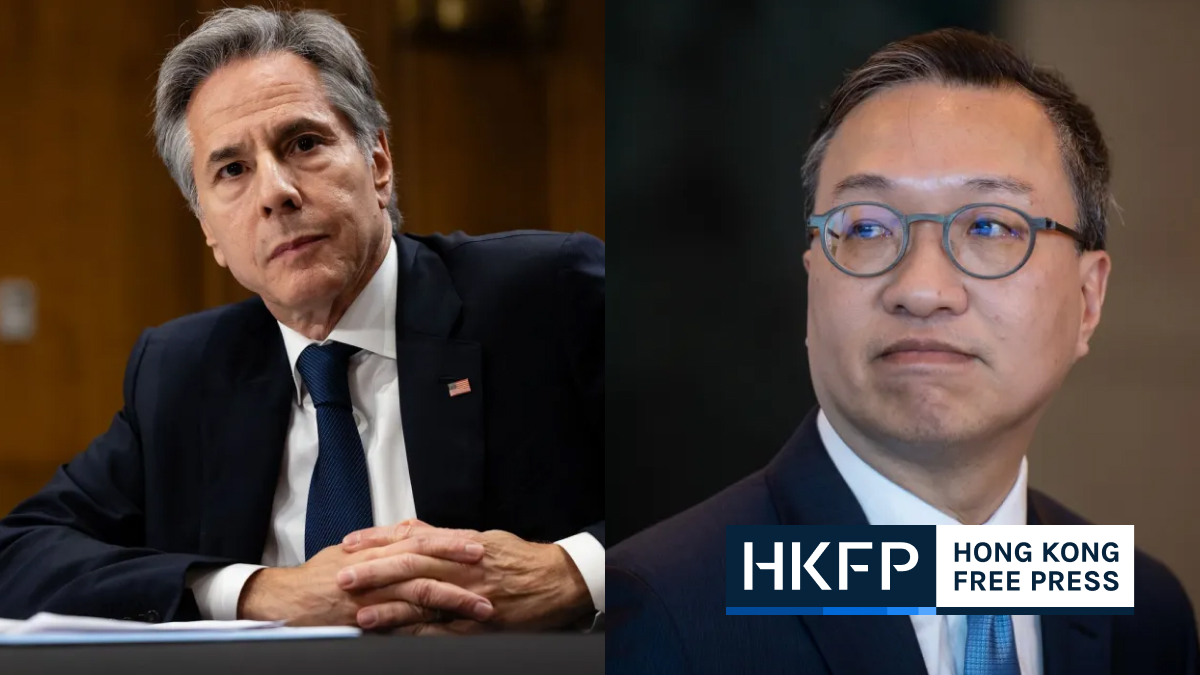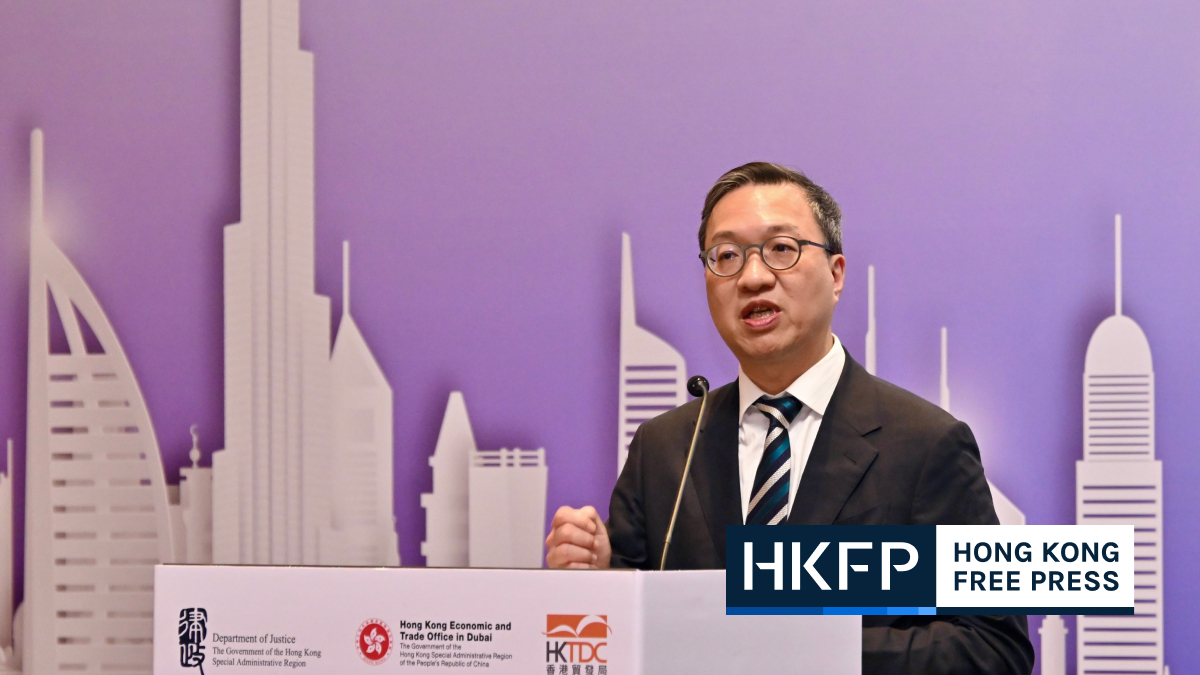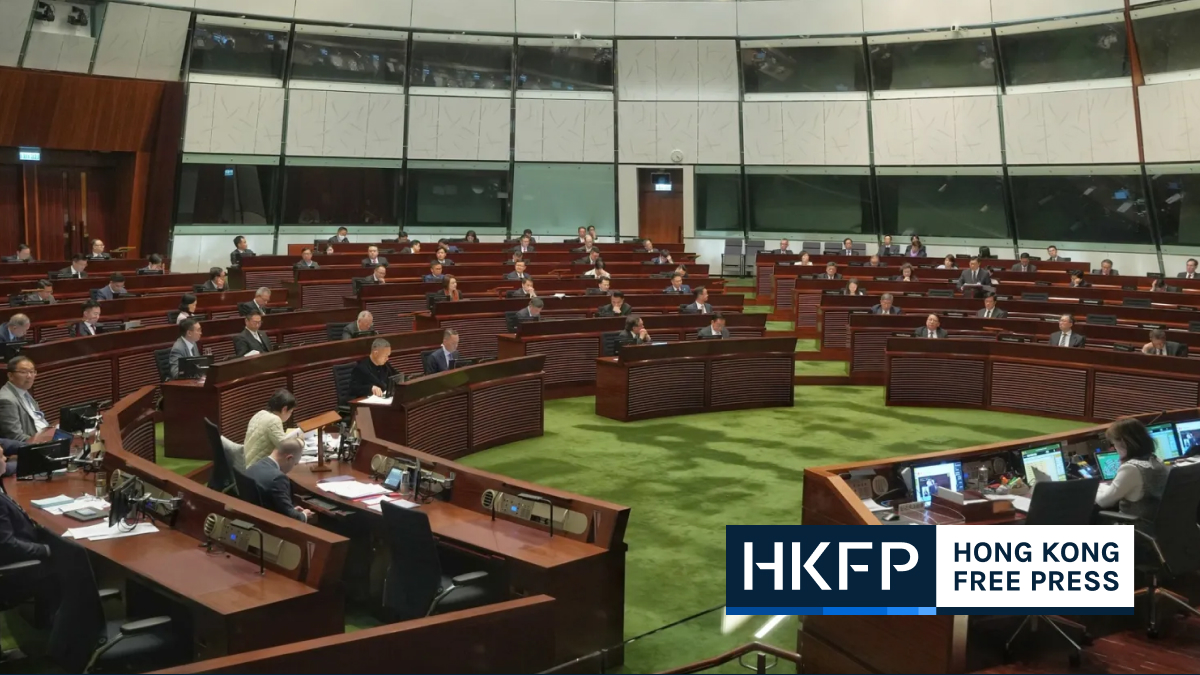Four members of the government-funded Hong Kong Arts Development Council have resigned in recent months, including three who quit last week after being accused by Chinese state-owned newspapers in the city of being “troublemakers.”
The state-backed Ta Kung Pao and Wen Wei Po have also accused the council itself of potentially violating the national security law by funding groups seen as supportive of pro-democracy protesters.
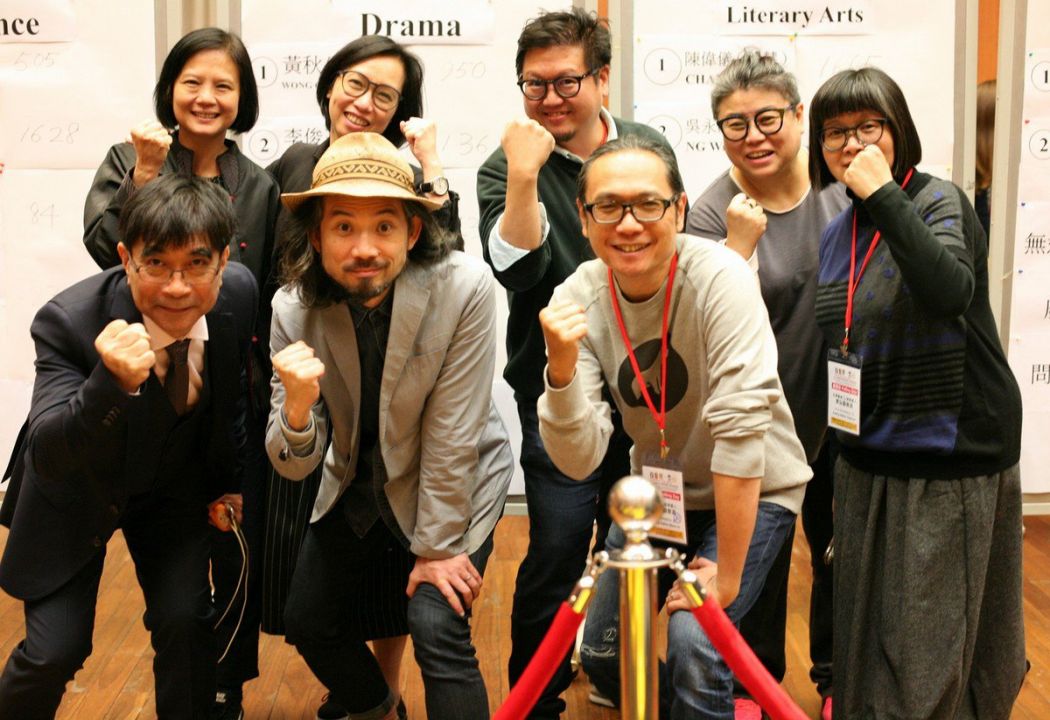
Actor Indy Lee stepped down last Tuesday, while artist Chris Chan and musician Adrian Chow resigned the next day. Chan was quoted as saying he feared for his safety. The trio had been among eight “reformists” elected to the council in a landslide victory in 2016.
Meanwhile, government-appointed member Vigo Yau tendered his resignation in May and ended his term on May 31.
All four told the council they were leaving for “personal reasons,” a HKADC spokesperson told HKFP. The resignations mean only seven elected council members and 16 government-appointed members remain.
The Arts Development Council is tasked with allocating grants and promoting the sector. Of the 27 members, ten are elected every three years by various arts constituencies. The remaining 17 are government officials or appointed by the chief executive.
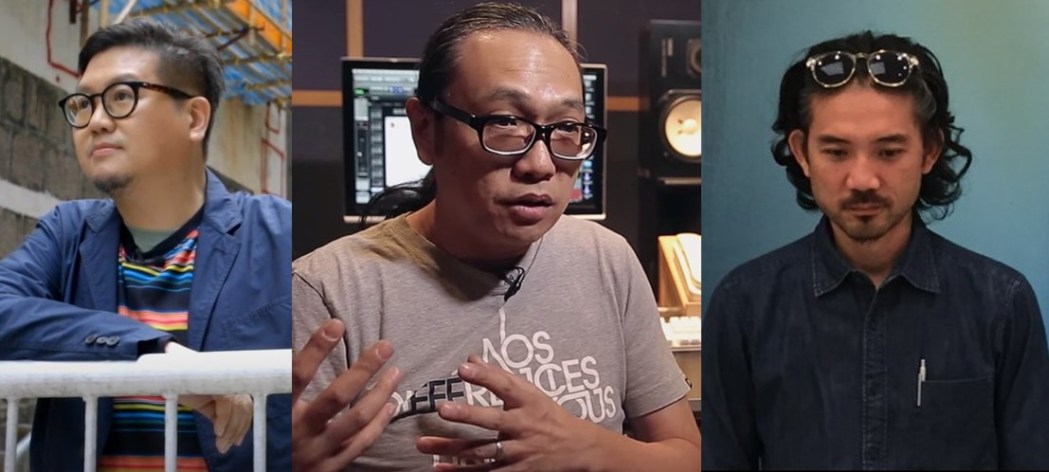
The council said the duties of the four who quit had been passed to other members and the resignations would not affect its operations.
“The assessment of Year Grant applications has been completed, so their resignation does not have any impact on the operation of HKADC,” it said in a statement on Monday.
HKFP has reached out to the Home Affairs Department for comment.
Ta Kung Pao in March accused the council of distributing around HK$15 million in funding over the last three years to cultural organisations it claims may have violated the security law.
Safety concerns
Following his resignation, Chan told the 101arts website that that he was “worried about his own personal safety and that of his family,” telling the outlet that he had been followed by reporters from “state-run media in Hong Kong.”
Chow, meanwhile, told the outlet that the future of arts development in Hong Kong was entering a “dark period.”
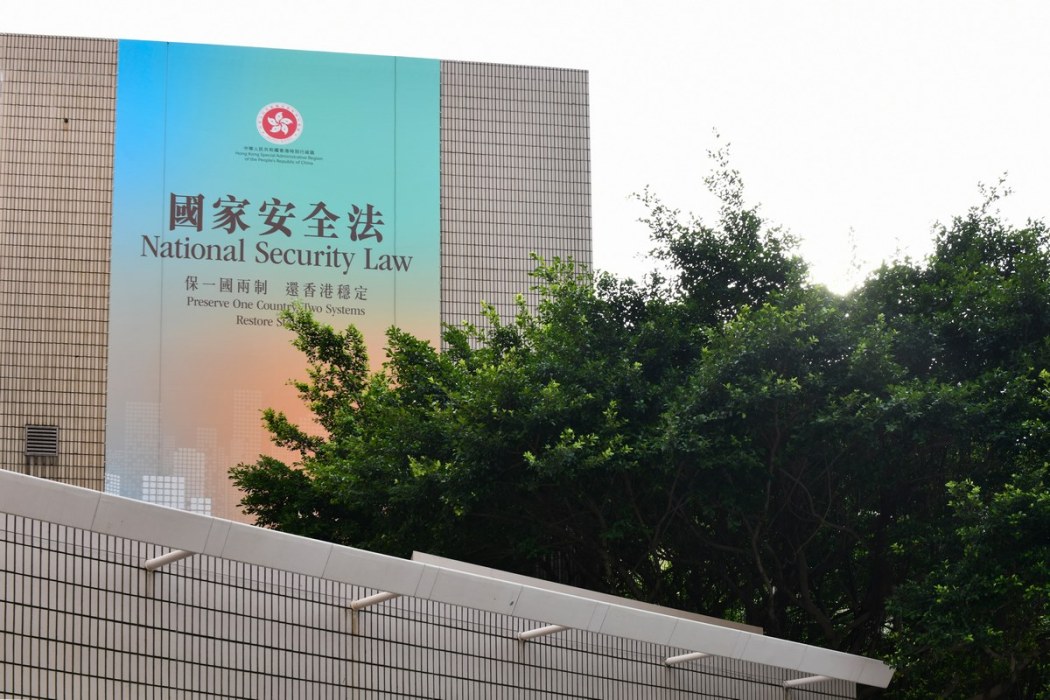
“There are a lot of worries about Hong Kong’s future development as it enters a darker period, and arts development can hardly avoid it. Everyone must do whatever they can,” the musician told 101arts.
The series of resignations come as the art sector comes under increasing pressure from authorities under the Beijing-imposed national security law.
The city’s leader Carrie Lam has vowed to “be on full alert” against art that may endanger national security, while a dissident artist left the city for Taiwan last week, citing a diminishing space for artistic freedoms.
Support HKFP | Policies & Ethics | Error/typo? | Contact Us | Newsletter | Transparency & Annual Report | Apps
Help safeguard press freedom & keep HKFP free for all readers by supporting our team





















